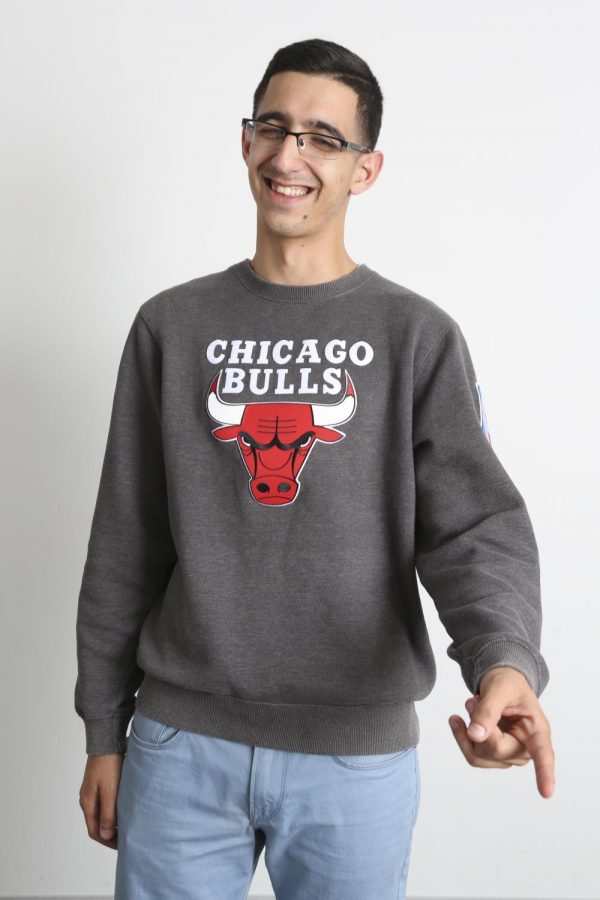NCAA Challenged
February 3, 2014
I’m all for challenging the status quo, but college athletes are in for an uphill battle that’ll only get steeper as they begin to fight for representation.
ESPN’s “Outside The Lines”first reported that Ramogi Huma, president of the National College Players Association,filed a petition demanding labor union representation on behalf of an undisclosed number of Northwestern University Wildcats football players. The petition, filed with the National Labor Relations Board, is the first move in a fight to give student athletes an equal voice in decisions that affect them.
The move grabbed the national spotlight last week.Northwestern quarterback Kain Colter, who helped spark the movement, said the attempt to start a union is not meant to disrespect his university, but is instead about “protecting [student-athletes] and generations to come” from the “dictatorship” of the NCAA.
Initially, only Division I football players and men’s basketball players would be eligible to join the College Athlete Player Association, which makes sense—they are the two NCAA sports that make the most money. Furthermore, the NLRB only represents private entities so public universities would not have to recognize a player’s union if one is formed.
Although the prospect of CAPA has garnered some attention, the issue between the NCAA and players could take years to solve. The process of creating a union begins at the NLRB’s regional board, followed by a possible appeal from its national board.
However daunting this maybe, Colter and company should continue the fight. True, a lot of student athletes receive full-ride scholarships and stipends for playing, but college education and stipends will not cover medical bills resulting from serious sports injuries.
The NCAA is a billion-dollar corporation, which could see its profits double by 2020, according to the Sports Business Journal, so the least it could do is take care of players’ health, education and financial issues.
Students may be given access to an education and stipends but a career-ending injury could be an insurmountable loss.
Only a select few collegiate athletes go on to play professional sports and sign lucrative contracts, so not giving them some kind of security seems unreasonable because these athletes generate millions of dollars for their individual programs and the NCAA. Up until now, the NCAA has avoided taking responsibility for lingering injuries its athletes have suffered. An organization with as many resources as the NCAA should not be given any financial breaks.
As unreasonable as allowing the NCAA to profit at the expense of student athletes sounds, the attempt to start a union is going to be difficult to achieve, but anything worthwhile takes time and effort.
It’s obvious that these players provide a valuable service to their schools, and it would only be right for them to provide athletes with a fair protection plan.
Listen to Nader Ihmoud Mondays from 7–9 p.m. as he hosts the Benchwarmers Show on WCRX 88.1 FM.








